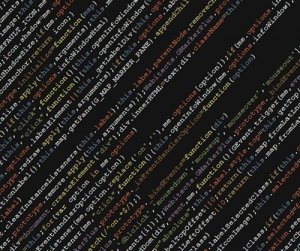
Code for Africa has helped newsrooms in South Africa, Uganda, Kenya and other countries to liberate data sets and package them as apps that deliver information citizens need in everyday life.
But Justin Arenstein, the initiative's chief strategist and an ICFJ Knight International Journalism Fellow, says developing an app should never be the end of the line.
"Every single event or project we do is always designed to result in an evergreen resource, not just a story," he said during a recent presentation at ICFJ. "You should be leaving some resource behind that you can reuse and repurpose, and then start building scale."
Here's where Application Programming Interfaces (APIs) come into play. APIs make the content of a website easy to read by a computer, enabling other services to seamlessly access that content.
Newsrooms including the New York Times, BBC and The Guardian have all [released their own APIs.
Still, many newsrooms "are less inclined to use someone else's information, so they'd rather want to download the database and then try to figure out how to upload it on their own system, which is just silly," he said. "So a lot of the work we do with newsrooms is just try to bang into their heads that they need to start thinking about news as an API."
An a video interview with IJNet, Arenstein talked about why and how newsrooms should use APIs and how Code for Africa approaches its work. Watch the IJNet interview here.
*
Image CC-licensed on Flickr via Matt Ephraim.
The International Journalists' Network, IJNet, keeps professional and citizen journalists up to date on the latest media innovations, online journalism resources, training opportunities and expert advice. ICFJ produces IJNet in seven languages: Arabic, Chinese, English, Persian, Portuguese, Russian and Spanish. IJNet is supported by donors including the John S. and James L. Knight Foundation.